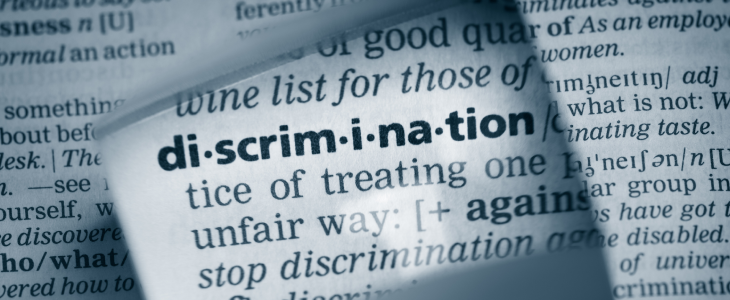
Louise Herman Discusses Employer Social Media Policies in Massachusetts Lawyers Weekly
We’re proud to share that attorney Louise A. Herman was recently featured in Massachusetts Lawyers Weekly in an article examining the fast-evolving legal landscape surrounding employee speech and workplace social media policies following the widely publicized murder of political activist Charlie Kirk. As a respected

The Intersection of Healthcare Fraud and the False Claims Act: A Legal Overview
Healthcare compliance in the United States is incredibly important. Healthcare fraud results in billions of dollars in losses to the government from taxpayer dollars and can undermine the delivery of quality healthcare. If you suspect that your employer is committing healthcare fraud, your attorney can file a qui tam lawsuit under the...
What Is a Qui Tam Lawsuit Against an Employer?
A qui tam lawsuit is a legal action that lets someone report fraud against the federal government. This type of case falls under the federal False Claims Act. In a qui tam case, a private person files a lawsuit on the government’s behalf. This person is often a government worker who...
How Can I Report Fraud in Healthcare?
Healthcare fraud drains billions of dollars from our healthcare system every year, affecting patients, providers, and taxpayers alike. As a healthcare professional, you are uniquely positioned to identify and report fraudulent activities that might otherwise go undetected. Taking action not only helps protect patients but also preserves the integrity of our healthcare...

Can I Be Fired for Complaining About Workplace Discrimination?
If you’ve experienced discrimination at work, you might wonder if saying something will just make things worse. That fear is common—and understandable. No one wants to lose their job for standing up for themselves. But here’s the truth: it’s against the law for your employer to fire you for complaining about workplace...

The Impact of Whistleblowers on Pharmaceutical Integrity
Pharmaceutical companies develop the medications people rely on every day. But when profit-driven decisions lead to false claims, unsafe products, or regulatory violations, patients and taxpayers pay the price. Many of the largest fraud cases in history were uncovered by whistleblowers—employees, contractors, or insiders who spoke up when they saw wrongdoing. Their...

How Common Is Fraud in the Healthcare Industry?
Healthcare represents a massive portion of the U.S. economy, with annual spending approaching 18 percent of the country's gross domestic product. With such vast sums of money flowing through the system, the healthcare industry has become a prime target for fraudulent schemes that cost taxpayers and patients billions...

Common Industries for Whistleblower Allegations
Whistleblowers provide a vital service to the public when they report evidence of wrongdoing within a public or private organization. Wrongdoing includes abuse, fraud, dangers to public health and safety, waste, and corruption. The whistleblower usually works within the organization but can be anyone with information about wrongdoing unknown to authorities...

How Do You Prove Unfair Discrimination at Work?
Workplace discrimination based on a person’s protected class is illegal. If you file a complaint for unfair discrimination at work, the government investigates your claim. They gather evidence from numerous resources during their investigation. However, you can improve your chances of winning your case by working with your attorney to provide all...

Navigating the Legal Landscape of the False Claims Act for Whistleblowers
Fraud against the federal government cost taxpayers between $233 billion and $521 billion per year between 2018 and 2022, according to a report by the Government Accountability Office. This fraud doesn’t just hurt taxpayers in their wallets, either, as it also undermines trust in the government and impacts...
